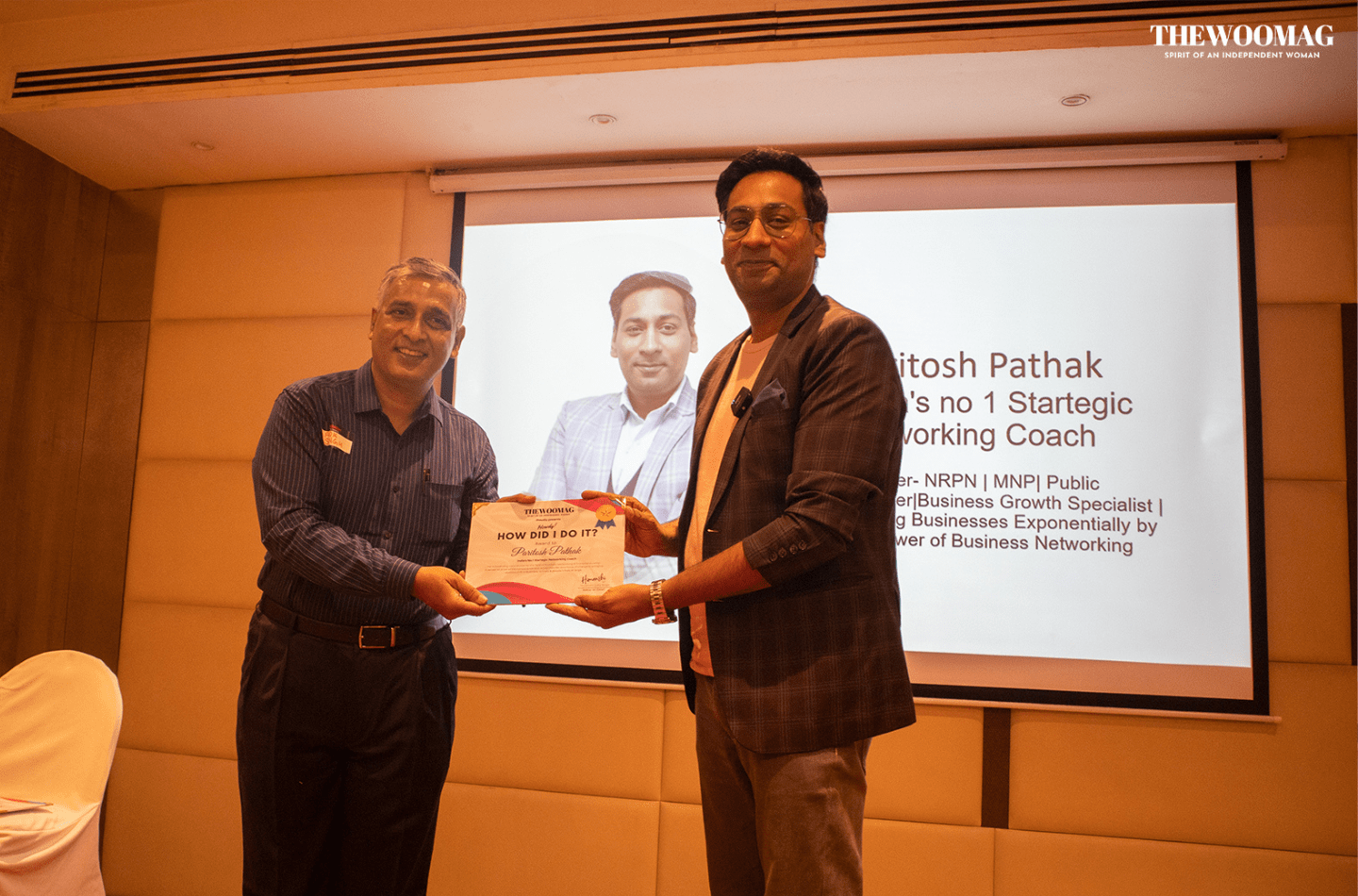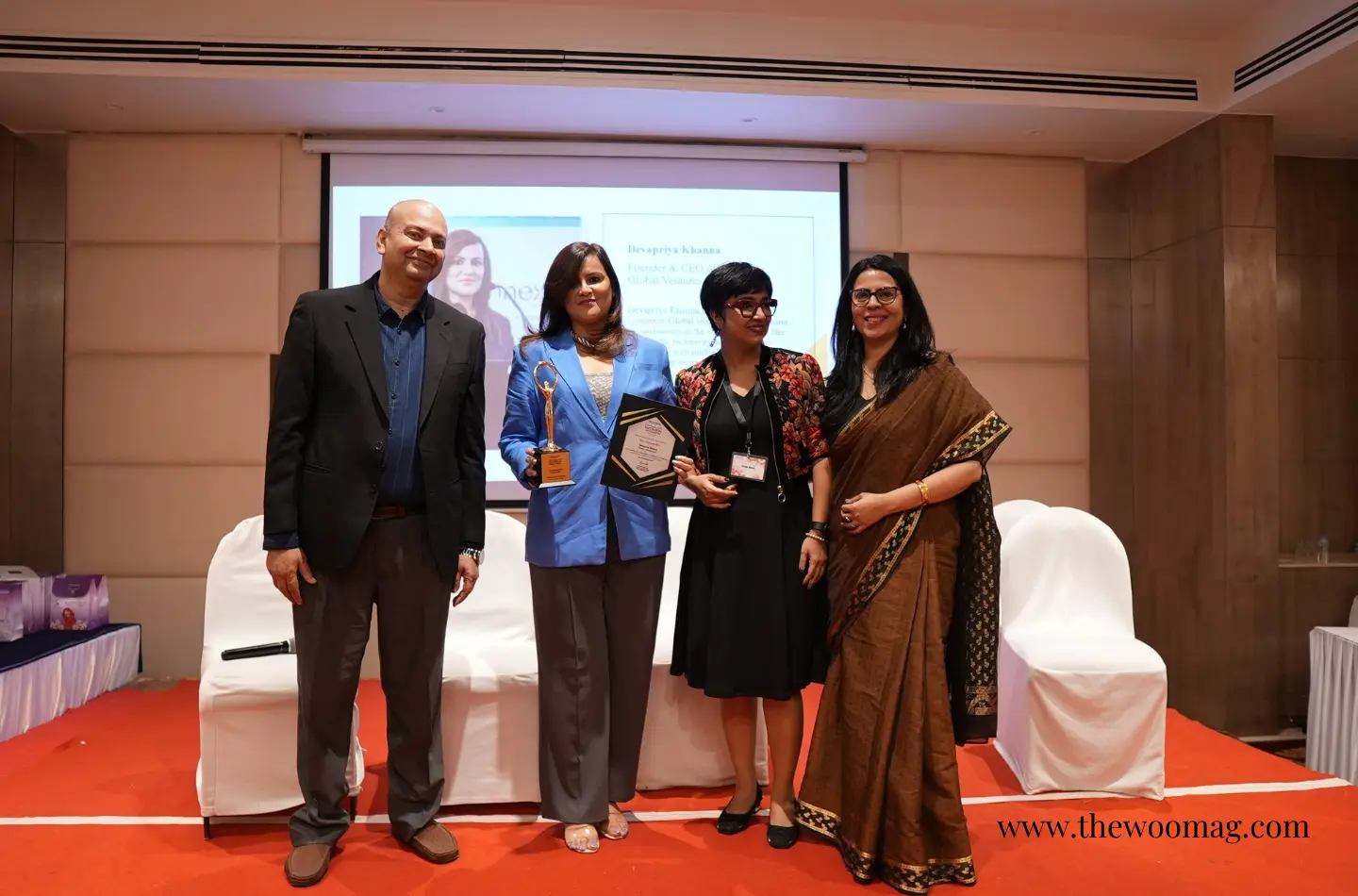Career
Top Challenges Working Women Face to Grow in Their Careers
We talk of women empowerment, and we discuss westernization at length, but the fact is that India is still among those countries which have the lowest percentage of economically active women in the world.

We talk of women empowerment, and we discuss westernization at length, but the fact is that India is still among those countries which have the lowest percentage of economically active women in the world. What is more shocking is the discovery that the rate of urban women's participation in the Indian workforce is lesser than that of rural women. According to the World Bank data from 2009-2013, only 29 percent of Indian women above the age of 15 years are working. It is less than the percentage of working women in Somalia, Nigeria, Indonesia, and the other four BRICS nations. It is a matter of real concern that when more and more Indian women are obtaining higher education, they significantly lag behind the global platform when it comes to being economically independent. To help better understand why working women find it hard to keep pace with their male counterparts in their career paths, we have underlined the top five challenges faced by women and how we can deal with these-
- Greater family responsibilities: "I have to quit my job. I feel like I am ignoring my child and household duties, and I can't do it all." Does this sound familiar? Family responsibilities often end up being the primary reason for women quitting the workforce. While a woman strives hard to create a balance between her family life, children, and career, she somewhere feels burdened and stressed with too much to handle in her kitty. Indian households need to equally divide the family and social responsibilities between the man and the woman of the house. Instead of a woman mostly handling the enormous baggage of household errands, the man needs to share the responsibilities and possibly even make some sacrifices to allow the woman to pursue her career without sacrificing family needs. While we have come a long way in providing education to our daughters, we need to do more to inculcate in our sons the responsibility of managing families and households equally.
- Lack of flexible, women-friendly systems: While diversity and getting and retaining more women in the workplace have become the top agenda of several company executives, a lot still needs to be done in this area. Organizations need to have flexible policies to accommodate the special needs of their women employees, to ensure they don't lose them. The absence of childcare policies, lack of flexible shift timings, and other stringent policies are some of the factors because of which women to quit their jobs. Work-from-home options are still very limited, meaty part-time jobs are very hard to come by, break-in work is not taken well by most employers and the list goes on. We need to have better laws and regulations protecting the rights of working women. More importantly, the enforcement of such laws and a strict redressal system both in government and private organizations should be ensured.
- Bias against women: With males still ruling the roost in most companies, a woman requires to work against biases and do more hard work to go up the corporate ladder. While a working woman faces compelling competition from her male colleagues as she progresses in her career, she also finds it hard to make a place of her own in the top brass because of being considered unworthy of a top position. Sometimes, employers make assumptions about women such as? the women will quit after marriage or childbirth or that they can't travel or can?t handle pressure, or other such constraints which may not even be real. But because of these biases, employers do not give the best opportunities to women, stalling their progress. C-level executives are increasingly acknowledging the role of women at work. Women leaders worldwide have also shared their journey and lessons of how they broke through the glass ceiling, and have championed the cause of working women. Sheryl Sandberg is one of the notable ones. There are many women's support groups, networking, and other organizations that actively work with employers as well as women to keep a continuous dialogue open, remove these biases and make progress on these issues.
- Lack of safety or good working conditions: A woman employee, especially in offices where the male-female ratio is poor, is considered an easy target. She is vulnerable to emotional or sexual harassment at her workplace. According to a Deccan Herald report, around 17 percent of Indian working women have reported to experienced sexual harassment at some point in time. The situation worsens when the management of an organization turns deaf ears to the grievances of female employees. A poor redressal system of such complaints is the primary factor why women leave their careers or frequently change their jobs thus having an unstable job history. Good work culture is also not something we can take for granted, and a poor work environment leads to the early exit of several women employees. Women need to carefully evaluate options and make the right choices when it comes to choosing their employer. Women groups need to continue their efforts to get better safety and working conditions through regulation.
- Lack of opportunities to restart: It has been often noted that women who return to their jobs post maternity leaves are often lost in terms of finding the right opportunities again. The opportunities are either not challenging enough or in line with previous experience and qualifications, or they demand hours-end resources that the women may not have given their new responsibilities as mothers. It is also seen that when a woman takes a sabbatical to look after her family and then returns to work, they often need to compromise on their pay package or position to be away from work for a while. The challenges in finding work that is worthwhile and justifies women's time away from family sometimes demoralize women from entering into jobs. There are a few organizations and initiatives that help women transition back into work. Back to Front led by Anjali Gulati and Sheroes are such an organization.
These challenges have made many women think out of the box and take up alternative careers. Many have turned into successful entrepreneurs. However, we need to have systems work towards a better ecosystem for working women in India. Need to include gender sensitization as part of education. Families and society should not only equip men to take care of some essential household works but also accept men doing the jobs they have not been doing at home. Family coaching, training to remove gender bias, and other programs will also be effective in removing the barriers.
RELATED ARTICLES





MOST POPULAR

![cover-78_-_10_Best_Fashion_Tips_Of_All_Times[1].webp](https://thewoomag.com/backend/images/blogs/cover-78_-_10_Best_Fashion_Tips_Of_All_Times[1].webp)


.png)



I-221, 4th Floor, Hilton Drive Avenue, Sec-50, Gurgaon, 122018, Haryana
info@thewoomag.com
+91-8586970572